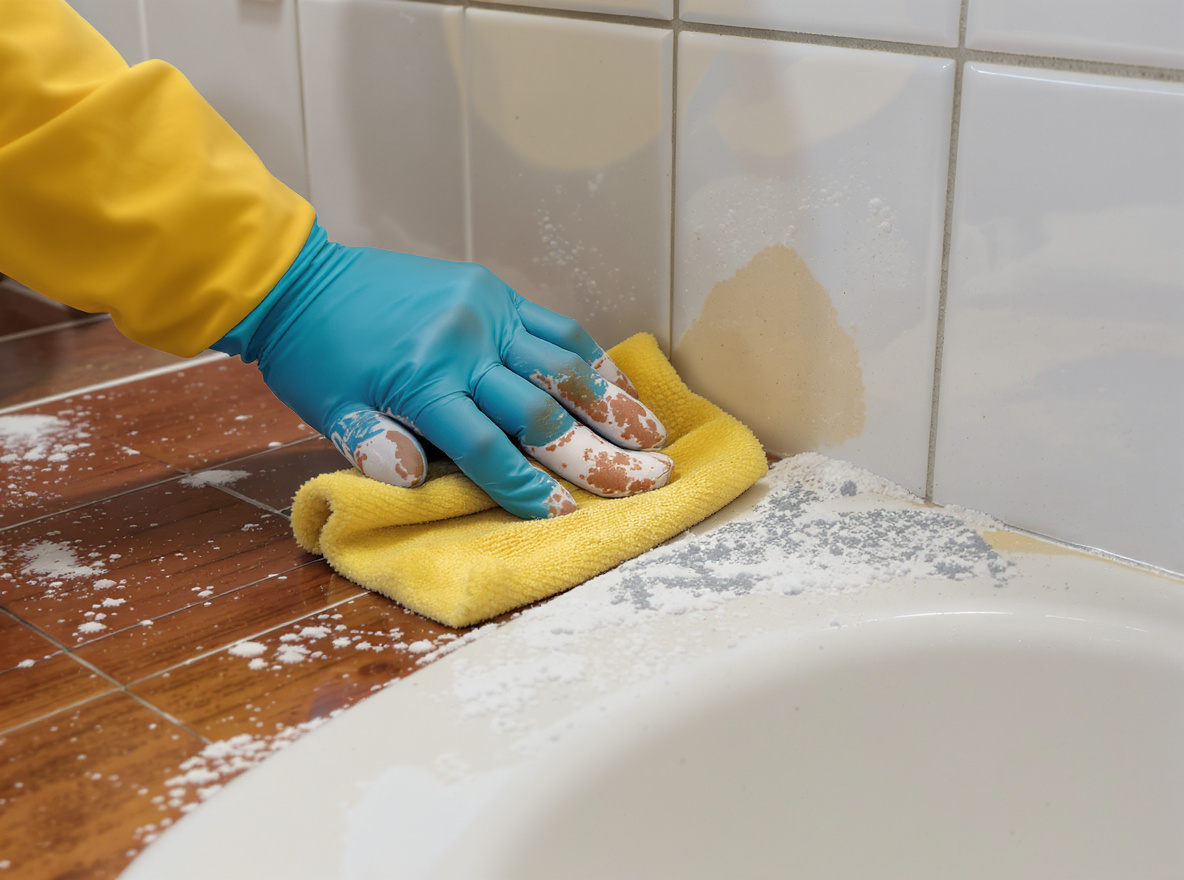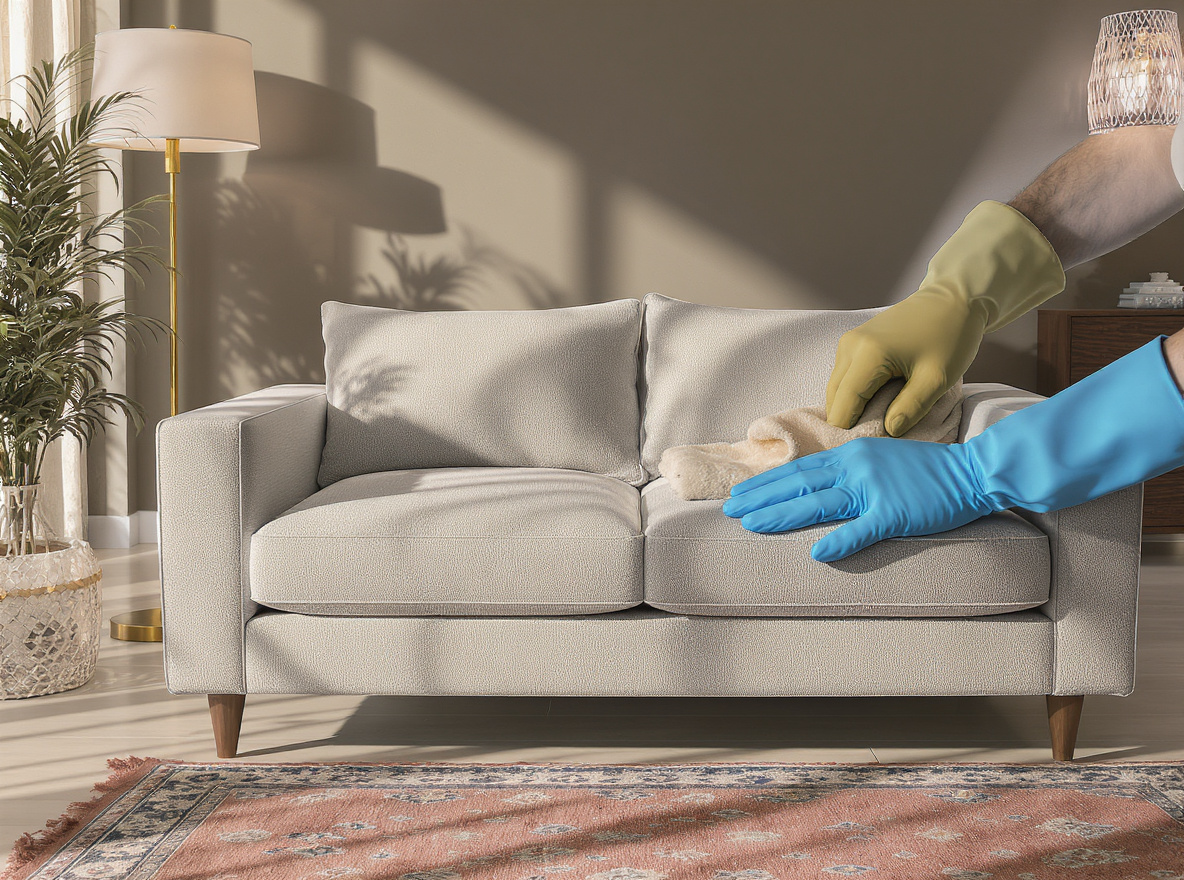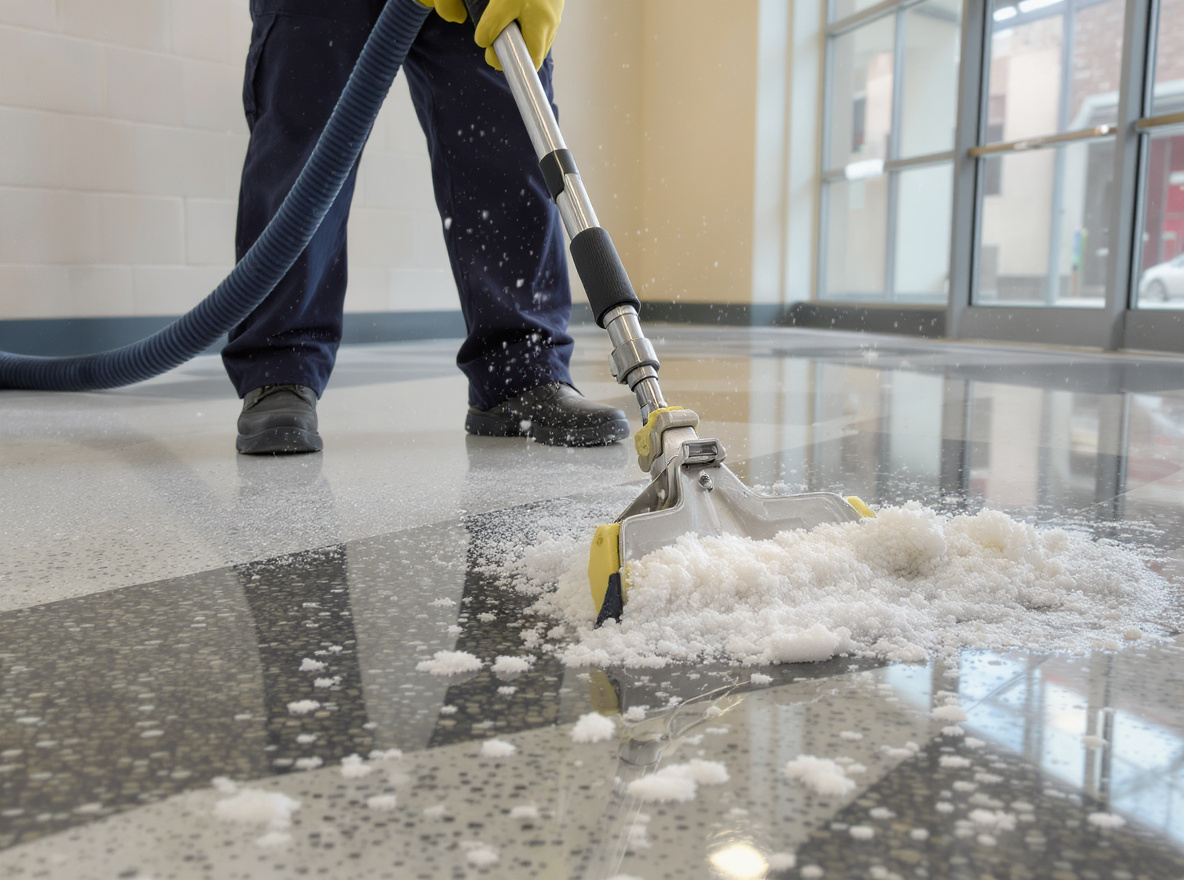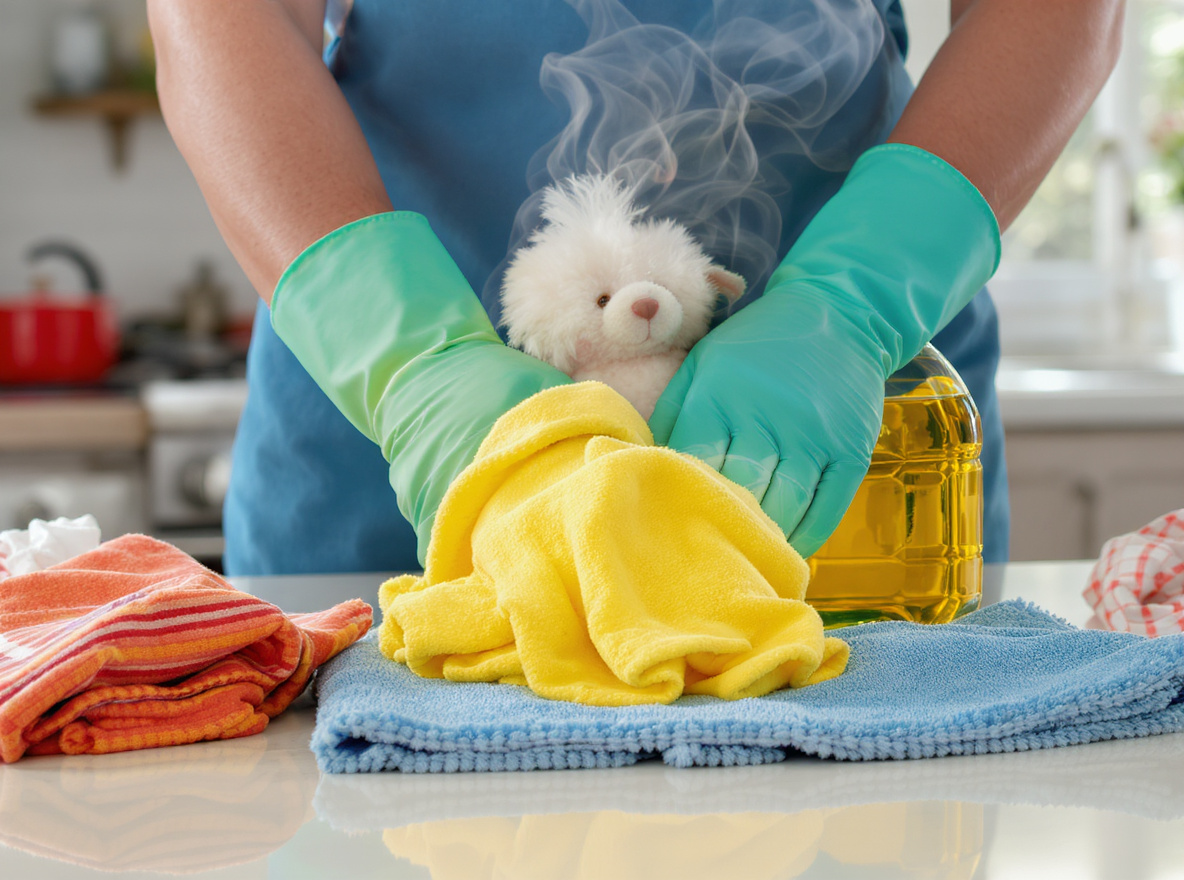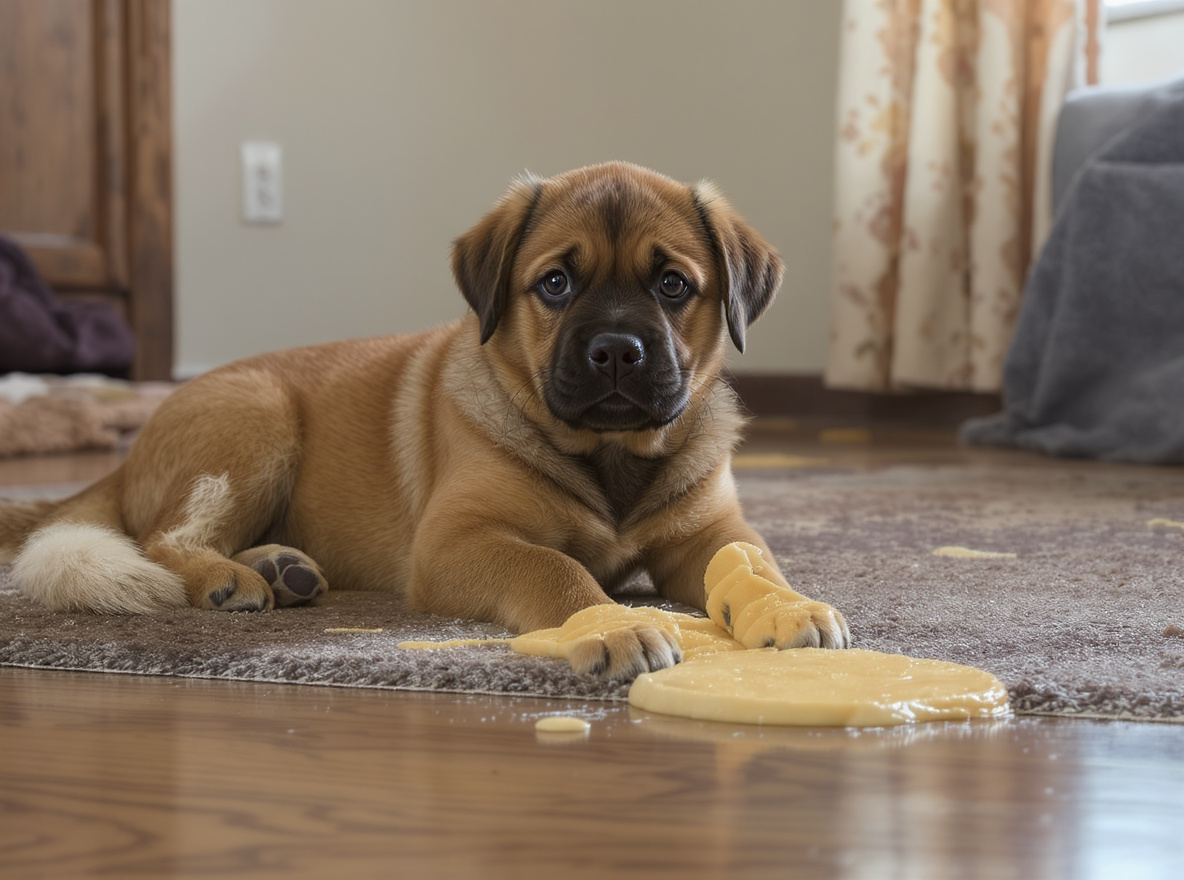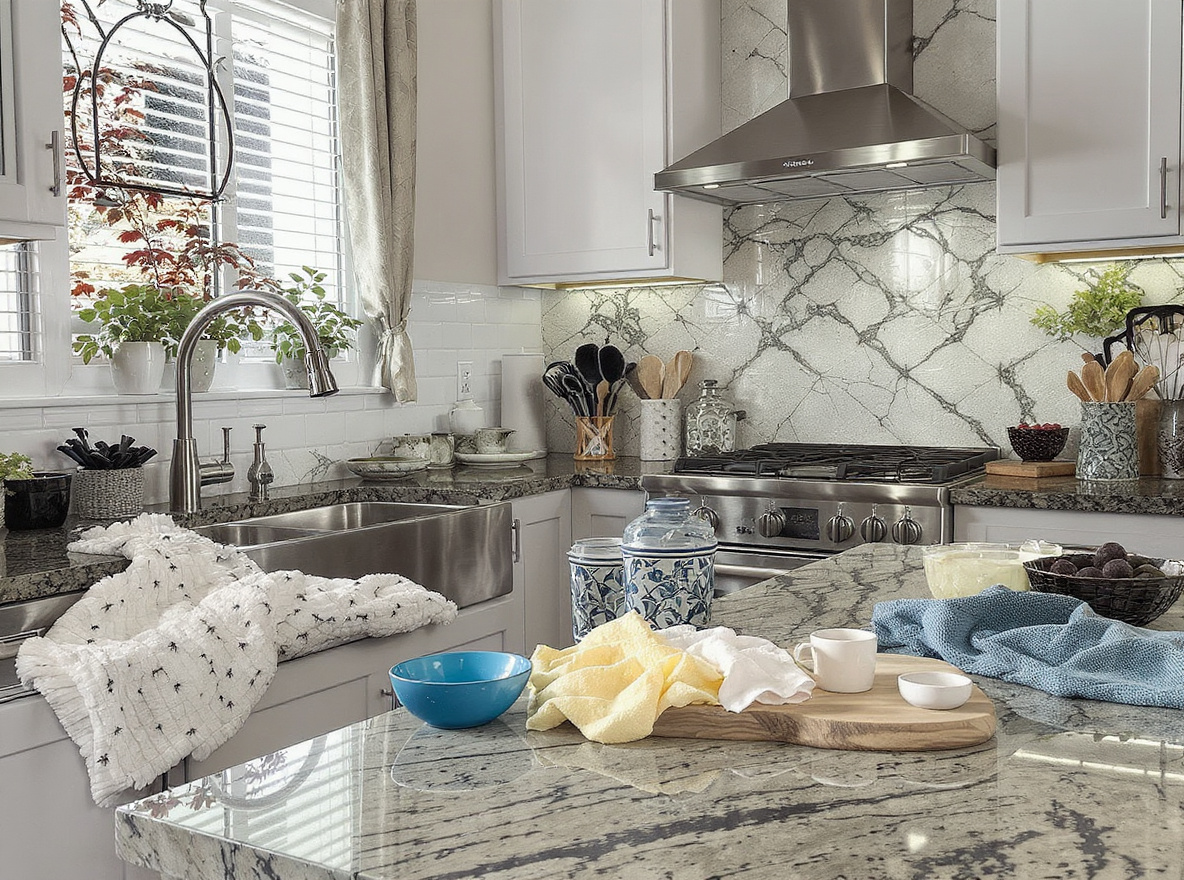10 eco-conscious cleaning hacks for a greener home: your ultimate guide to sustainable sparkle
Look, I get it. Between the endless parade of single-use plastic bottles, toxic chemicals that could strip paint, and enough paper towels to deforest a small country, traditional cleaning routines are basically giving Mother Nature the middle finger. But here’s the truth—cleaning your home doesn’t have to be an environmental disaster. In fact, it can be downright revolutionary.
Today, I’m going to walk you through 10 game-changing eco-conscious cleaning hacks that will transform your home into a temple of sustainability while still keeping it spotless. This isn’t your grandmother’s cleaning advice—this is modern, badass, planet-saving wisdom that works better than the chemical crap you’ve been sold for decades.
The all-purpose revolution: DIY cleaning solutions
Let’s kick things off with the Swiss Army knife of eco-friendly cleaning—the all-purpose cleaner. Ditch those neon-colored bottles promising “ultra-power” and embrace something that actually works without destroying the planet.
The ultimate all-purpose spray
Creating your own all-purpose cleaner isn’t just environmentally responsible—it’s ridiculously simple and dirt cheap. Mix equal parts white vinegar and water in a spray bottle, then add 10-15 drops of essential oil like lemon, lavender, or tea tree for a pleasant scent and added cleaning power. This magical elixir cuts through grease and grime with the ferocity of commercial cleaners but without the chemical aftermath.
The science is straightforward—vinegar’s acidity breaks down stubborn residue while essential oils bring antimicrobial properties to the party. Use this concoction on countertops, sinks, appliances, and most other surfaces for a clean that doesn’t compromise.
The baking soda battalion
If there were a hall of fame for eco-friendly cleaning ingredients, baking soda would have its own wing. This unassuming white powder is nothing short of miraculous for sustainable home cleaning.
Sprinkle baking soda on your mattress and let it sit before vacuuming to absorb odors and moisture—no harsh chemicals needed. It’s also your secret weapon for scouring sinks, removing stains, and deodorizing carpets. For tough kitchen messes, make a paste with water and scrub away—the mild abrasive quality cuts through grime without scratching surfaces.
The power players: natural cleaning ingredients
The most effective eco-conscious cleaning arsenal relies on a few key ingredients that outperform their toxic counterparts while remaining gentle on the planet.
Castile soap: the versatile virtuoso
Castile soap is the unsung hero of green cleaning solutions. This vegetable-based soap contains no synthetic ingredients, making it perfect for the eco-conscious household. A small amount diluted in water creates a gentle yet effective solution for floors, dishes, and virtually any washable surface.
What makes castile soap superior isn’t just its environmental profile—it’s the fact that it’s biodegradable and free from the harsh detergents that strip natural oils and irritate skin. It’s cleaning with conscience, without compromise.
The citrus secret
Lemons aren’t just for your water or cocktails—they’re cleaning powerhouses. The high acidity of lemon juice makes it perfect for cutting through grease, removing stains, and disinfecting surfaces. Plus, the fresh scent eliminates the need for artificial fragrances that often contain endocrine-disrupting chemicals.
For an easy cleaning hack, use half a lemon to scrub your cutting boards, removing stains and killing bacteria simultaneously. You can also add lemon juice to your DIY cleaners for extra degreasing power and that unmistakable clean smell that doesn’t come from a laboratory.

If you’re looking for a trusted and high-quality cleaning service in Buffalo, Tonawanda, or Amherst —
get a free quote online.
You can also call us at 716-289-1966.
Essential oil enhancers
Essential oils aren’t just for your diffuser—they’re legitimate cleaning agents with antibacterial, antifungal, and antiviral properties. Tea tree and lavender oils are natural disinfectants, while cedarwood, lemon, and spearmint offer additional cleaning benefits and delightful aromas.
Adding a few drops to your homemade cleaners transforms them from simple solutions to sophisticated cleaning systems that can tackle germs while smelling divine. It’s chemical warfare of the best kind—natural, effective, and completely non-toxic.
Sustainable tools of the trade
Eco-conscious cleaning isn’t just about the solutions you use—it’s about the tools in your arsenal. Making smart choices here can dramatically reduce your environmental footprint.
Microfiber revolution
One of the simplest switches for sustainable home cleaning is replacing paper towels with reusable microfiber cloths. These powerhouse fabrics effectively trap dirt and dust without additional products and can be washed hundreds of times before needing replacement.
The environmental impact is substantial—the average American household goes through about 1.5 rolls of paper towels each week. That’s 78 rolls per year, adding up to significant waste and deforestation. Microfiber cloths eliminate this waste stream entirely while providing superior cleaning performance.
Bamboo brilliance
When selecting cleaning tools, materials matter. Opt for mops and brooms crafted from sustainable materials like bamboo instead of petroleum-based plastics. Bamboo grows rapidly without pesticides, requires minimal water, and biodegrades naturally at the end of its life cycle.
These eco-friendly tools aren’t just better for the planet—they’re often more durable and effective than their synthetic counterparts. It’s an investment in both your cleaning routine and environmental responsibility.
Steam: the chemical-free sanitizer
Sometimes the most powerful cleaning solutions are the simplest. Enter steam cleaning—nature’s way of sanitizing without a single chemical.
The high temperature of steam effectively eliminates bacteria and breaks down dirt without leaving behind any residues. This method is particularly effective for floors, countertops, and upholstery, providing a deep clean that’s completely free of chemicals.
For those concerned about disinfection (especially in these germ-conscious times), steam offers peace of mind. It kills 99.9% of bacteria and dust mites while using nothing but water—the ultimate eco-friendly cleaning solution.
Water conservation in cleaning
True eco-conscious cleaning considers every resource—including water. Implementing water-saving strategies doesn’t just help the planet; it reduces your utility bills too.
Turn off faucets when they’re not in direct use during cleaning sessions. Use a broom instead of hosing down outdoor spaces, and consider a high-efficiency washing machine for cleaning cloths and mops.
Small changes add up—a faucet left running while you clean other areas can waste gallons of water. Being mindful about water usage is an often-overlooked aspect of truly sustainable cleaning.
Creating cleaning routines that stick
The most effective eco-conscious cleaning ideas are the ones you’ll actually use consistently. Creating sustainable routines is key to long-term success.
The 15-minute method
Even busy households can maintain a clean home with short, focused cleaning sessions. Dedicate just 10-15 minutes daily to quick cleaning tasks. This prevents buildup that might otherwise require harsh chemicals to address.
Assign simple tasks to each family member—wiping surfaces, organizing spaces, or quick vacuuming. This not only distributes the workload but also teaches children the value of sustainable practices from an early age.
Zone defense
Rather than attempting to clean your entire home in one exhausting session, divide your space into zones and focus on one area each day. This makes eco-conscious cleaning manageable and prevents cleaning fatigue that might send you reaching for conventional “quick fix” products.
Monday might be kitchen day, Tuesday bathrooms, and so on. This systematic approach ensures nothing gets overlooked while keeping the time commitment reasonable.
The green cleaning economy
Let’s talk dollars and sense. Eco-conscious cleaning isn’t just good for the planet—it’s fantastic for your wallet.
The financial upside
The ingredients for DIY cleaners—vinegar, baking soda, castile soap, and essential oils—cost a fraction of commercial cleaning products. A gallon of white vinegar runs about $3 and can make dozens of bottles of all-purpose cleaner. Compare that to $4-$6 for a single bottle of commercial spray.
Reusable cleaning tools may have a higher upfront cost but save significantly over time. A pack of 12 microfiber cloths might cost $15-$20 but replaces hundreds of dollars worth of paper towels over their lifespan.
Health cost savings
There’s another financial angle often overlooked—healthcare costs. Conventional cleaning products have been linked to respiratory issues, skin irritation, and other health problems. The Environmental Working Group reports that regular exposure to cleaning chemicals is as damaging to lung function as smoking 20 cigarettes daily.
By eliminating these toxins from your home, you’re potentially reducing medical expenses related to chemical exposure while creating a healthier living environment. It’s an investment in your family’s wellbeing that pays dividends far beyond a clean home.
Beyond cleaning: creating a holistic eco-home
True sustainability extends beyond cleaning products to embrace a comprehensive approach to home maintenance.
Indoor plants: nature’s air purifiers
Integrate indoor plants like spider plants or peace lilies into your living spaces to improve air quality naturally. These botanical allies absorb pollutants, release oxygen, and add living beauty to your environment—a perfect complement to your eco-conscious cleaning routine.
The declutter connection
There’s an undeniable link between minimalism and sustainability. The less stuff you have, the less you need to clean and maintain. Consider regular decluttering sessions as part of your green cleaning practice, donating or responsibly recycling items you no longer need.
A streamlined home not only requires fewer cleaning products but also creates space for mindfulness and intentional living—cornerstones of environmental consciousness.
The bigger impact: why your choices matter
At this point, you might be wondering—does my switch to eco-friendly cleaning really make a difference? The resounding answer is YES, and here’s why.
The ripple effect
Every sustainable choice creates ripples far beyond your home. When you opt for eco-conscious cleaning methods, you’re not just reducing chemicals in your immediate environment—you’re decreasing demand for environmentally damaging products and manufacturing processes.
As more households embrace green cleaning solutions, market forces respond. We’ve already seen major manufacturers introducing “greener” product lines in response to changing consumer preferences. Your individual choices collectively drive industry-wide shifts.
The legacy factor
The cleaning habits you establish and model today create the environmental ethos of the next generation. Children who grow up in homes where sustainability is prioritized naturally incorporate these values into their own lives.
You’re not just cleaning a home—you’re helping clean up the planet and instilling values that will continue to benefit the Earth long after today’s grime is gone.
Conclusion: clean home, clear conscience
Embracing eco-conscious cleaning hacks isn’t about sacrifice or settling for “good enough” cleanliness. It’s about reclaiming cleaning as an act of care—for your home, your health, and your planet. The methods outlined here aren’t just alternatives to conventional cleaning; they’re superior approaches that deliver exceptional results without the environmental price tag.
From the simple switch to microfiber cloths to the alchemy of creating your own effective cleaners, each step you take towards sustainable home cleaning contributes to a larger environmental solution. The beauty of these approaches is their accessibility—you don’t need specialized knowledge or equipment, just everyday ingredients and a willingness to slightly adjust your routine.
So the next time you reach for a cleaning product, remember: you’re not just making a choice about how to clean your countertop—you’re making a statement about the world you want to live in. Make it a clean one, in every sense of the word.
Now go forth and clean like your planet depends on it—because in a very real way, it does.

If you’re feeling overwhelmed with keeping your home clean and want to prioritize eco-conscious cleaning hacks, let us help you focus on sustainable practices while saving you time. At get a free quote online, or simply call 716-289-1966, so you can enjoy your clean home without the stress of cleaning it yourself.
If you’re living in Buffalo and want your home to feel fresh and truly clean, a seasonal deep clean might be just what you need. In Tonawanda, many families rely on recurring services to stay ahead of the mess. And Amherst residents often choose move-out cleanings to impress landlords and secure their deposits.
If you’re looking to bring some order and freshness into your space — you can always get a free quote online through STARCORE Cleaning. We’ll be happy to help you organize a quality cleaning service in Buffalo, Tonawanda, or Amherst at a fair price.
Prefer to talk it through? Just give us a call: 716-289-1966. We’re here for you.
Frequently asked questions
- What are some eco-friendly cleaning ingredients? Common eco-friendly ingredients include vinegar, baking soda, castile soap, and lemon juice.
- Can I use essential oils for cleaning? Yes, essential oils like tea tree and lavender can enhance your cleaning solutions by providing natural antibacterial properties.
- How can I reduce waste while cleaning? Use reusable microfiber cloths instead of paper towels and focus on making DIY cleaning solutions.
- What is steam cleaning? Steam cleaning uses high-temperature steam to sanitize surfaces without the need for chemical cleaners.
- How often should I deep clean my home? A deep clean is recommended at least once a season, depending on your household’s needs and lifestyle.
- Are eco-friendly cleaning products more expensive? While some eco-friendly cleaning products can have a higher upfront cost, many DIY solutions are cheaper than commercial cleaners in the long run.




